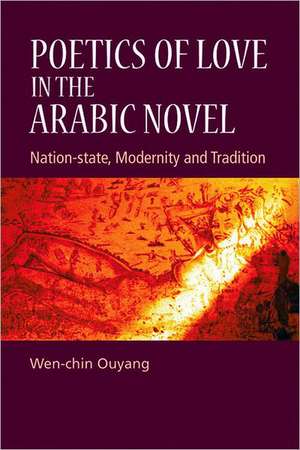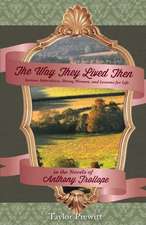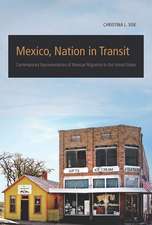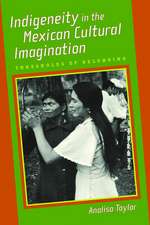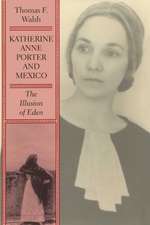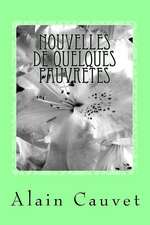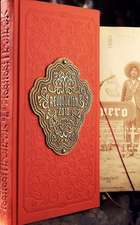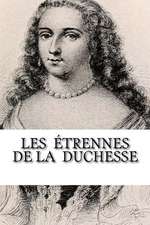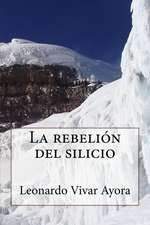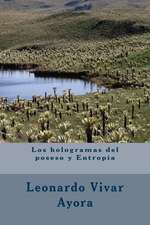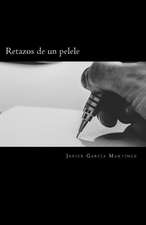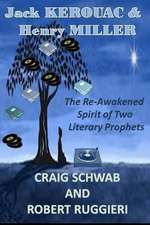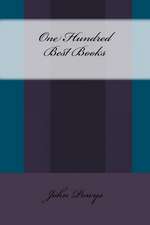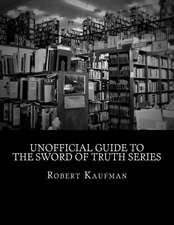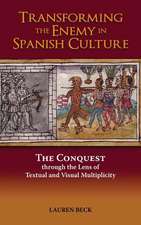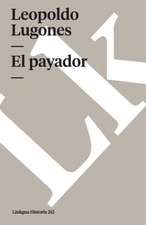Poetics of Love in the Arabic Novel
Autor Dr Wen-chin Ouyangen Limba Engleză Hardback – 18 iun 2012 – vârsta de la 22 ani
Preț: 556.96 lei
Preț vechi: 678.80 lei
-18% Nou
Puncte Express: 835
Preț estimativ în valută:
106.59€ • 111.14$ • 88.58£
106.59€ • 111.14$ • 88.58£
Carte tipărită la comandă
Livrare economică 20 martie-03 aprilie
Preluare comenzi: 021 569.72.76
Specificații
ISBN-13: 9780748642731
ISBN-10: 0748642730
Pagini: 304
Dimensiuni: 157 x 236 x 28 mm
Greutate: 0.73 kg
Editura: EDINBURGH UNIVERSITY PRESS
ISBN-10: 0748642730
Pagini: 304
Dimensiuni: 157 x 236 x 28 mm
Greutate: 0.73 kg
Editura: EDINBURGH UNIVERSITY PRESS
Cuprins
Table of Contents Prologue Presenting the Past: the Arabic Novel and Dialectics of Modernisation 1. Cross-Cultural Genealogy 2. Postcolonial Identity Politics 3. Cultural Politics of Modernisation 4. Quest for Legitimacy 5. Reviving Tradition, Rewriting History 6. Triangulation of Nation, Modernity and Tradition Part I Mapping the Nation: Place, Space, Text Chapter One Nation-State 1. Textual Nation 2. Imagining of Community and Politics of Space 3. The Imagined Community that is the Nation-State Chapter Two Nation-Without-State 1. Topography of Statelessness 2. Stateless Nation 3. Politics of Mobility 4. Mobility Under Occupation 5. Cartography of Woman's Body Part II Love: Legitimacy of the Nation, Authenticity of the Novel Chapter Three Legitimacy of the Nation 1. For the Love of a Nation 2. Problematique of Nation and State 3. Authenticity of the Novel 4. Allegorising the Imagining of Nation 5. Rehabilitation of Power 6. Legimitmacy of Political Authority 7. Coherence of Community 8. Ethics of Rule Chapter Four Impropriety of the State 1. Code of Conduct for the Ruler and Ruled 2. Social Climbing 3. Sexual Misconduct 4. Affairs of the State 5. Education of the Nation 6. Narration of Nation Part III Desire: Arab Experiences of Modernity Chapter Five Decolonisation 1. 'All That is Solid Melts into Air' 2. The Journey in Eliot's Poetic Vision 3. The Seven Voyages of Sindbad 4. Modern Knowledge 5. Allure of the Modern 6. Intellectual in Exile 7. Fragmentation of Selfhood 8. Decolonisation of the Subject 9. Quest for Cohesion in an Apocalyptic World Chapter Six Modernisation 1. Spiritual Autobiography 2. The Architect of Modernisation 3. The Politics of Desire in the Arabic Novel 4. The Poetics of Love in Palace of Desire 5. Cairo Modern 6. Architecture of the Arabic Novel Afterword Politics of the Past Bibliography
